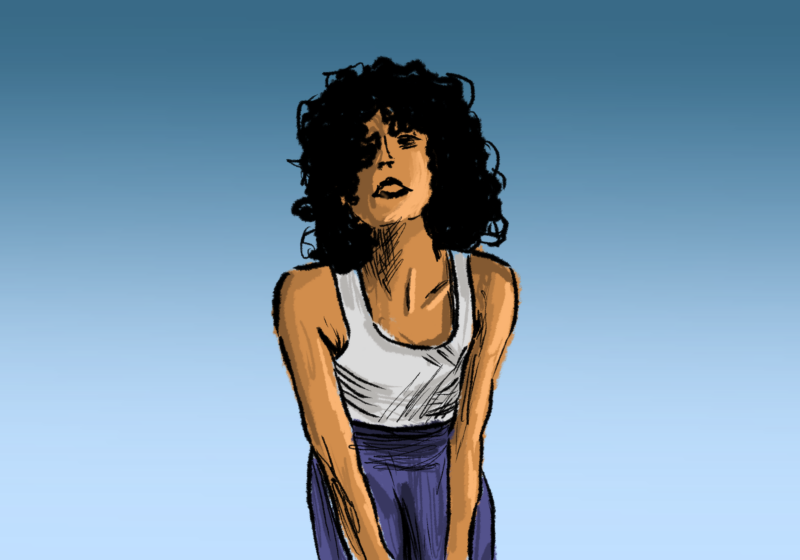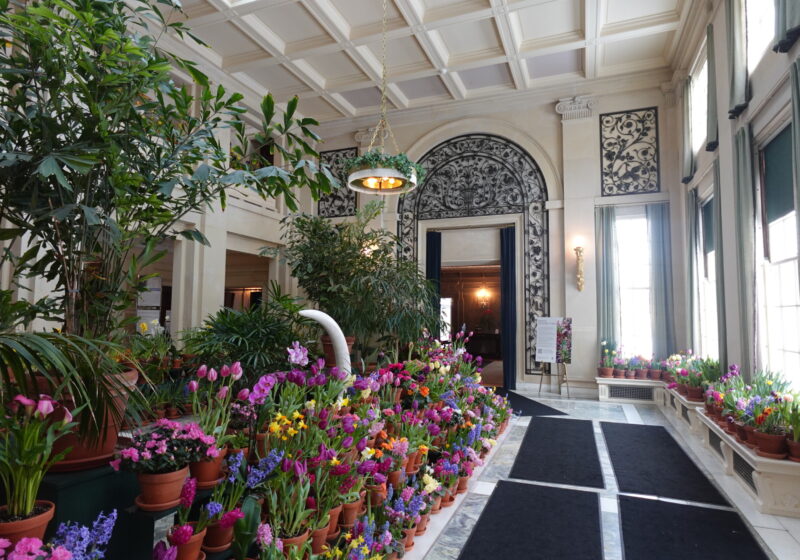Alyssa Alhadeff and Nicholas Dworet were both leaders. They put others first. They were studious in school and were tireless in sport.
Alhadeff’s club soccer coach, Laurie Thomas, referred to the 14-year-old’s last game on the field as her “greatest.” Dworet, 17, had his sights set on Tokyo 2020, but before going for Olympic Gold, he had planned to compete in the pool at the University of Indianapolis this fall.
Last Wednesday, their times on the field and in the pool ended abruptly. They were killed in the shooting rampage at Marjory Stoneman Douglas High School, their lives gone too soon, their dreams yanked.
If it were up to Scott Beigel and Aaron Feis, the soccer star and the fish out of water would be alive and still pursuing their dreams in Parkland, Florida. Feis, an assistant football coach and a security monitor, jumped out and took a hail of bullets to save students. Beigel, a geography teacher and cross-country coach, ushered his students inside his classroom. After re-locking the door, Beigel’s students found their hero on the ground.
The response to these tragedies from athletic communities has run far and wide. Alhadeff’s team, the Parkland Soccer Club, initiated a club-wide campaign, #PlayFor8, which refers to Alhadeff’s jersey number. Total Swimmer Aquatics, Dworet’s year-round club swim team, and the University of Indianapolis have made statements, with the former posting a tribute video of the high school senior.
“Nick’s death is a reminder that we are connected to the larger world,” Rob Manuel, president of the University of Indianapolis, said. “And when tragedy hits in places around the world, it oftentimes affects us at home.”
Feis’ heroics were noticed, engaging the usually stiff NFL Commissioner Roger Goodell and compelling the Miami Dolphins to donate $100,000 to the victims’ GoFundMe page. Miami Assistant Special Teams Coach Darren Rizzi, who had previously known Feis, organized for an additional $17,500 to be donated to the family.
The passing of Christopher Hixon, the former athletic director of Marjory Stoneman Douglas High School, sparked the attention of Oakland A’s top pitching prospect Jesus Luzardo. The Oakland hurler had grown up in Parkland, moving there from Peru at 2 years old. Luzardo has since created his own fundraising page and cites Hixon as a prominent source of motivation for his budding MLB career.
“[Hixon] played a huge role in supporting my dreams of becoming a professional baseball player and his loss will be felt by everyone in the Douglas community,” Luzardo wrote on the page.
The 20-year-old announced on Twitter that he plans on assisting Hixon’s family in establishing a scholarship fund in the athletic director’s name.
Other athletes hailing from South Florida, such as Baltimore Ravens running back Alex Collins and three-time All-Star Anthony Rizzo, expressed condolences and sorrows. Collins trained at the Drake School of Irish Dance, and one of the victims of the violence, Cara Loughran, also danced at the school.
Rizzo, an alumnus of Stoneman Douglas, left Cubs spring training in Mesa, Arizona, to speak at the candlelight vigil held in Parkland. While choking up and sniffling, the star first baseman reminisced with his audience and was horrified that the fields he played on and the classrooms he studied in were on the news “for all the wrong reasons.”
“While I don’t have all the answers, I know that something has to change, before this is visited on another community, and another community, and another community,” Rizzo said.
Rizzo isn’t the only sports figure who acknowledges that change must happen. Golden State Warriors coach Steve Kerr was asked about the shooting, and he mentioned “that it doesn’t seem to matter to our government” that children were shot down in schools.
Amid acts of utmost kindness, Kerr brought the discussion back to Washington and, in turn, back to darkness. Speaking of Washington, President Trump and the FLOTUS visited Maddy Wilford, a basketball player who was shot multiple times with an AR-15. Wilford miraculously is stable condition after three surgeries.
The president can claim that he engaged with the Parkland community, but his visit felt like a formality. What didn’t, however, was the response from sports circles across the country.
I believe it’s worth noting that the world didn’t view the victims as athletes and coaches — they were citizens first. Sportspeople are citizens, and Rizzo’s words reinforce that we cannot always just stick to sports. Lebron James’ recent comments and Lindsey Vonn’s decision to not go to the White House shouldn’t earn criticism from Fox News reporters or massive hate tweets from Trump supporters.
Without the voice of the sports community, not only lifting up those in need but encouraging us to move the conversation forward, where would we be? Momentum from these local teams and national franchises is a start, and maybe it’s a catalyst. The sports community has a powerful voice, and we must let it continue its narrative.
Let’s keep talking, and let’s get out there on March 24, as other Americans will for the March for Our Lives. I’m sure the sports community will be heavily represented around the country and in Washington D.C.
I’ve heard students on this campus sigh and ask, “What can be done?” But please remember, a defeatist attitude does nothing. Alyssa Alhadeff and Nicholas Dworet didn’t give up. Get out there and uphold their legacy.
“Everybody Talks” is a radio show on WRUR’s the Sting that highlights women’s involvement in sports and the social issues that surround athletics. You can listen to it every Friday from 1–2 p.m. on thesting.wrur.org





